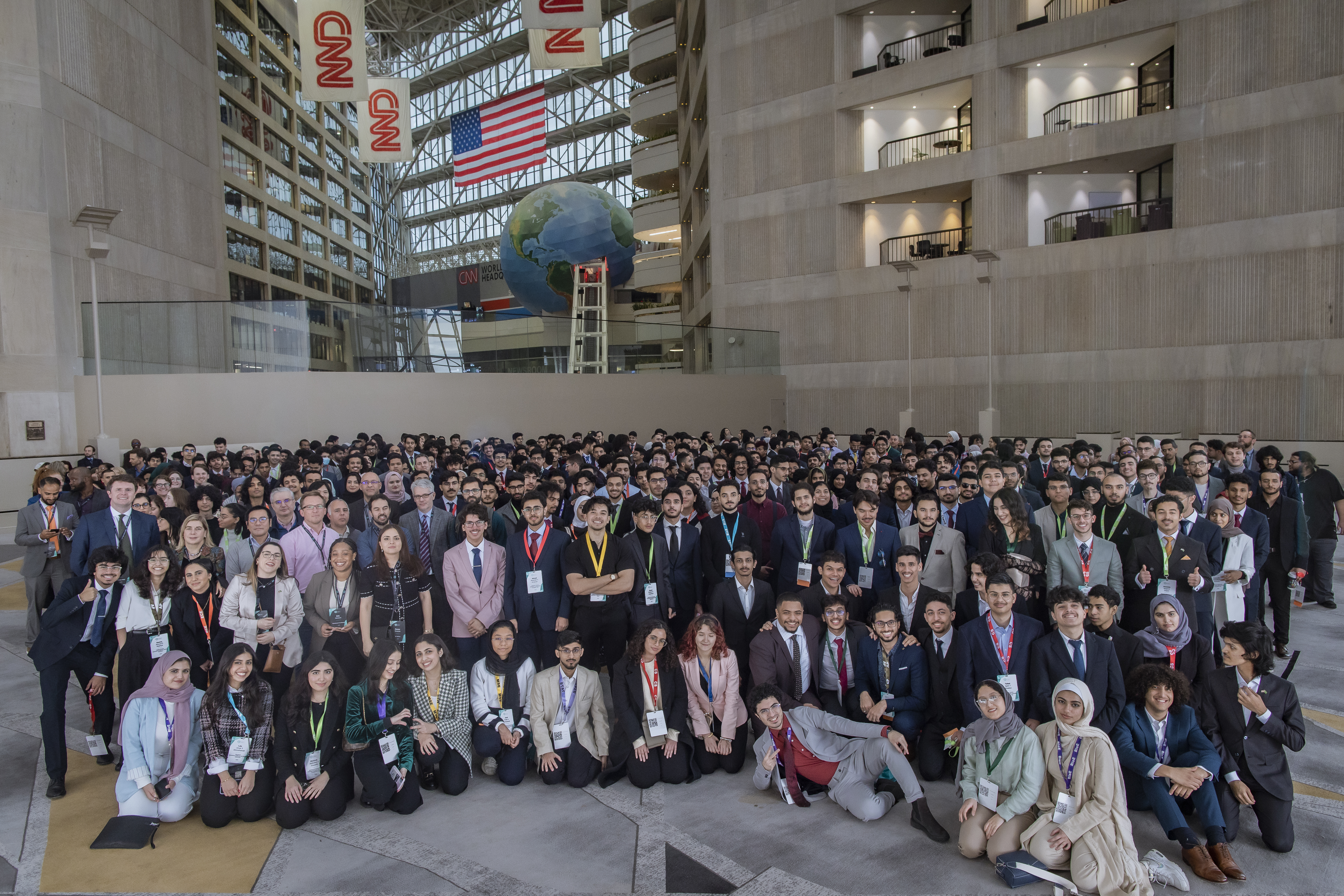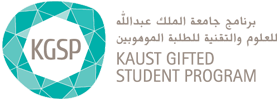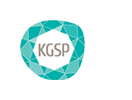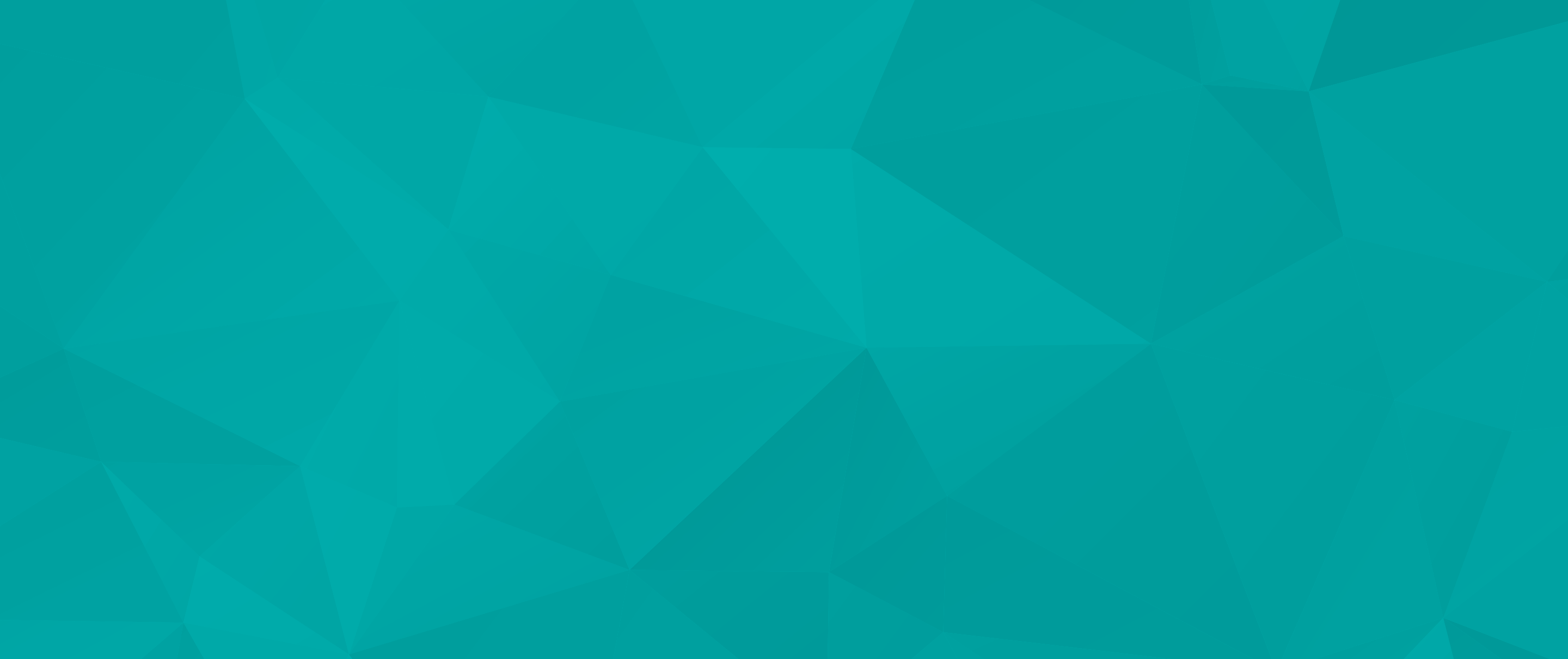Alumni Profile: Tariq Alturkestani
Dr. Tariq Alturkestani’s journey through the KGSP and beyond is a story of persistence, adaptability, and a relentless pursuit of growth. From his early fascination with STEM inspired by his father to becoming a member of KGSP’s inaugural cohort, Tariq embraced challenges and opportunities alike, culminating in his pursuit of a PhD at KAUST. In this KGSP Alumni Profile, Tariq reflects on his experiences – from navigating cultural transitions at Penn State to leveraging KAUST’s cutting-edge resources and founding a successful startup. His story highlights the value of mentorship, adaptability, and lifelong learning.
Let’s start from the beginning. Where are you from, and what led you to KGSP?
I was born in Taif. When I was two years old, we moved to Jeddah. I was the eldest of three brothers and two sisters. I studied at an elementary school called Al Yamama, where both [my brothers] Fahad and Terad also studied, and then a secondary school called Al Salamah. What led me to KGSP was that I participated in the Mawhiba program at their summer camp at Saudi Aramco in 2007. We liked STEM activities a lot. My father is an engineer, so he influenced me in terms of trying to think critically, building robots in high school, and things like that. So, all of that helped to pile up a good resume for me to be invited to participate in the first cohort of KGSP.
In the first semester of my senior year of high school, I received a call from someone working for KAUST who said “You have an interview, there is a program called KGSP, and we send students abroad for an undergraduate degree. You are invited for an interview. I went to the interview when KAUST was in a business building in Jeddah – that was before KAUST was even built. The interview was done by Dr. Najah Ashry [Former Senior Vice President of Strategic National Advancement at KAUST and steward of the KGSP]. When I entered the room, Dr. Najah asked, “Who are you? What is special about you?” It's the sort of normal thing that Dr. Najah would ask.
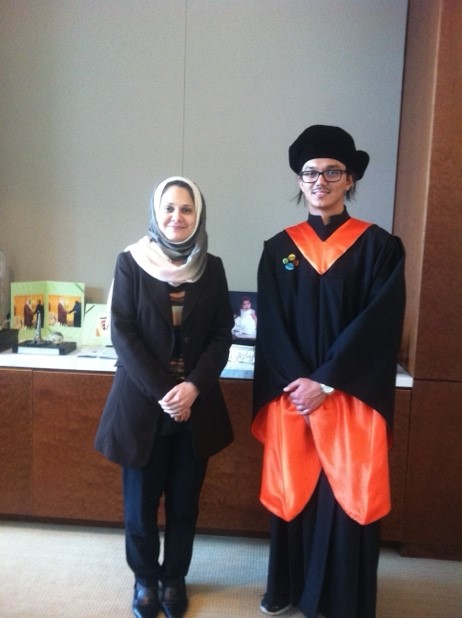
Tariq (right) with Dr. Najah Ashry (left), Former Senior Vice President of Strategic National Advancement at KAUST and steward of the KGSP on the day of his commencement ceremony.
I came to the realization that things are different now. It's not high school anymore. So, I told her a lot about what I've done in high school and in Aramco, what I wanted to study, and what I wanted to be in the future. I think those were exciting to her.
I wasn't the best, I wasn't the smartest at that time, but I was persistent. That led me to eventually finish my PhD at KAUST.
Compared to current KGSP students who have many past cohorts of students and alumni before them, because you were Cohort-1, you didn't have anyone to talk to about the KGSP and KAUST experience. What led you to decide to study at in the United States with the KGSP?
In the summer before I went to the US, there was a tour of the KAUST campus. We went there to see thousands of employees trying to build this campus. It looked impressive as a project. It was exciting to know there is a place like KAUST that is going to be built at that time.
I remember at that time there were fifty of us, and a lot of us were hesitant about joining KAUST or KGSP simply because the campus was not yet built. And then the number went down to 30 and then to 24. But I was glad to join that kind of program. And, at that time, there was a push for scholarships by the King Abdullah Scholarship Program. It was not too new of a thing for people to go study abroad. The only element of surprise was KAUST, a university that did not yet exist that wants to send people to study abroad.
What helped me most was what my dad was telling me. He studied abroad for a while, and so he pushed me and said “You can go. It's going to be a good experience to learn and to understand what is happening.”
What were your impressions of the United States and Penn State as an undergrad?
There was a lot of culture shock. Saudi Arabia is different than the US. It was closer to 9/11, and while Penn State is a liberal university, you just go one mile out and things are different, right? Classes were fine, but the first thing that I struggled with was to blend in with people there. It was only me and one other KGSP student, so it was a little challenging to trust anyone else. We did not know anyone, so we needed to expand our network to know the other Saudis who live there and the Aramco students who lived there, just trying to “break the ice”.
-on-an-excursion-to-the-white-house-in-washington-d.c-.jpg?sfvrsn=79e7eb7_1)
Tariq (far left) on an excursion to the White House in Washington, D.C.
I would not say it was an easy thing to do, but I pushed through. I remember joining a robotics club and then a year later joining the Saudi Student Association. Day by day I went to classes, I saw the other Saudis and I made connections with my lab mates who I stuck with for the next four years in the same courses in my field. It was a lot to adjust to, but it shaped my life.
What's something you learned in those undergraduate years at Penn State that you still use today?
First, that you are not the smartest in the room. Second, everything will pass; all the challenges that you have, they'll just pass and be memory in the future. Third, perhaps the most important, is to be selective of who to hang out with during those years, especially at the beginning.
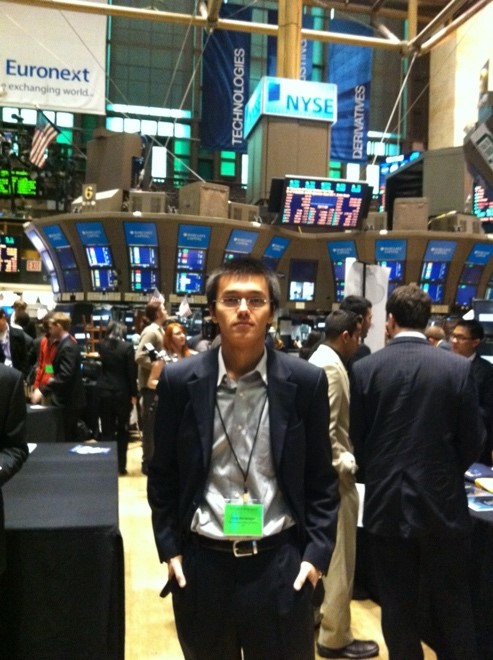
Tariq visiting in the New York Stock Exchange in New York, NY.
And also, be persistent. Especially in the freshman and sophomore years when there are more general classes. In those kinds of classes, you don't need to be smart, you just need to be persistent.
You just need to finish the task. You'll get that homework assignment of 20 questions, and you have to finish it every week. But then years later, as a senior, for instance, you need to start thinking more. Have problem solving.
Otherwise, I learned the importance of having family support, having a feedback system that you can go back to. Don't be alone. Try to mingle with others. Stay away from drugs.
You made the decision to pursue a PhD after receiving your master’s rather than entering directly into the workforce, which added a significant amount of time to your studies. What led you to make that decision?
I realized how big KAUST was during undergrad. For instance, the summer I came to do research, 2011 I believe, I saw all the facilities that existed, but still could not comprehend how big it was. Despite the fact that I finished undergrad at a very good university and whatnot, when I came to do research whatever comprehension I had of what existed at KAUST was wrong. You would think that if you got all of those A’s in your courses that you would know everything, but when you actually start doing the research, you realize you’re far behind.
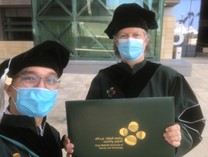
Tariq (left) with his advisor Dr. David Keyes (right), Professor of Applied Mathematics and Computational Science at KAUST.
When I came to KAUST, I wanted to work on systems, so I decided to work with Dr. Elmootazbellah (Mootaz) Elnozahy, who was the Dean at that time. He gave me a “hard time” in a good way, and I think that helped to shape me. Later, I worked with Dr. David Keyes and got exposed to the supercomputer Shaheen, which is a very powerful machine. I learned during my master’s of using parallel computing or parallel systems, and then using the system it made complete sense. I felt that I was at the edge of science, of doing something that really matters.
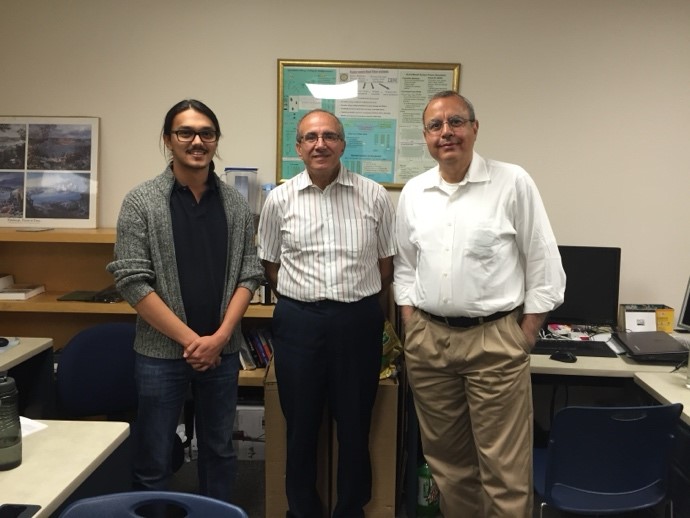
Tariq (left) with Dr. Rami Mulhem (center), Professor Emeritus at the University of Pittsburgh, and Dr. Elmootazbellah Elnozahy (right), former professor of Computer Science at KAUST and current professor at the University of Texas at Austin.
I realized how important that leverage is during my PhD, when we had to do a benchmark of my system on a supercomputer in the U.S. called “Summit”. When you submit a job there, there are a lot of restrictions in terms of how many CPU’s you can use and how much memory you can have, allocation, and also budgeting. you compare that to the unlimited things that we used to get at KAUST. You see the huge difference and you see how much leverage you have and blessed you are to work with cutting edge technology at your fingertips. Whereas, when researchers [outside of KAUST] submit a job, they have to wait for days for the job to be done. That gave me a very good hope that good things will come out of KAUST, and we see it. We see good things coming out.
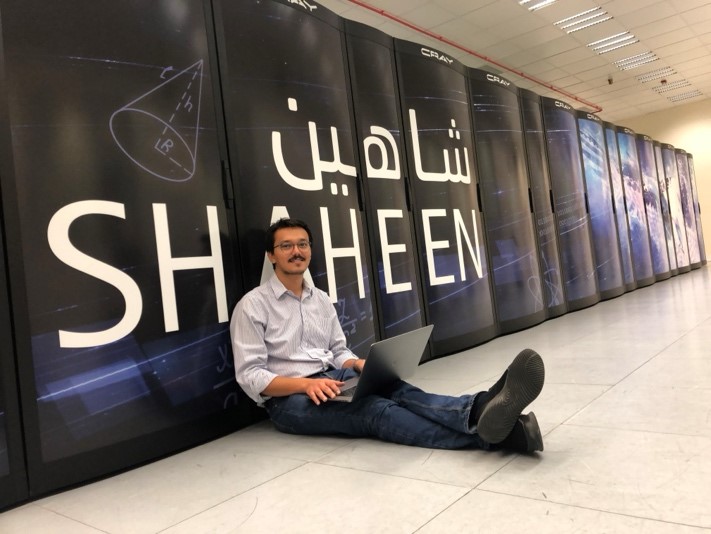
Tariq and KAUST’s supercomputer “Shaheen”, the largest and most powerful supercomputer in the middle east.
In 2019, I won a best paper award for a paper I published. One of the reasons I got the award was that I was able to benchmark my software on two systems: Shaheen and Summit. Now, if I wanted to put a dollar value on that, you'll realize that it is hundreds of thousands of dollars to run that kind of experiment on a computer like Summit. It was all paid through KAUST. If I were a faculty member in London, for instance, and I wanted to use Summit, there's a budget that must go towards that usage. I really appreciated that kind of leverage.
You were part of the Taqadam Startup Accelerator while at KAUST. How did you get involved and what was your experience like there?
While I was at Penn State, I worked with my academic advisor on a project to do a simulation for something called “cold fusion”. Basically, it was a simulation of a system that has a lot of noble gasses bubbling under pressure and exploding and doing a lot of interesting stuff. He had a use case that helps to reduce the viscosity of crude oil using that same method. That same year, he decided to open a startup to build a device that helps reduce the viscosity of crude oil using the system that we coded. We needed a seed investment. KAUST had a seed fund program, so I reached out to KAUST and asked them for funding and then had a couple of meetings. They said that they cannot fund someone who's not a master’s student yet, but that opened the door for me to the Entrepreneurship Center at KAUST.
A year later, when I came to KAUST, I knew the Entrepreneurship Center team. The first program that I joined was in 2016 called “9/10ths”, which was the inaugural program before Taqadam for KAUST to run a program on behalf of a sponsor. Before that, KAUST used to have its own seed fund to run its own programs. In 2016, they ran a program for a sponsor, which was, at that time, the Ministry of Human Resources. They owned the company called Takamol, and Takamol wanted to encourage entrepreneurship and startups, and the contract landed for KAUST to run it. I got exposed to that and met a co-founder who wanted me to be to join him as a technical co-founder to build a startup that we now see today: “Saee”. Then years later, they decided to invite me as a mentor for their startups. In fact, I'm also mentor for this cohort that will start officially this fall.
Why did you choose to continue with mentorship for startups?
The way that I look at it, it's like you're drawing a cycle. Anything inside that circle is the entirety of human knowledge. A PhD is someone who comes and tries to make a small, tiny, nano-expansion of the circle to increase the whole of human knowledge. You are always at the edge of what exists. I think startups are similar. They try to do something that still does not exist, at the edge of knowledge, but focus on business as opposed to how to make scientific discoveries. As a mentor in startup ecosystem, I see what people are working on, and what are the latest trends, and it has the same “academic flavor” of a PhD or master’s where I get to teach and try to convey messages; mentorship gives me that freedom.
You co-founded the company Saee, and from what I've read it has an interesting history. You had to pivot from a very specific idea, and it turned into something else entirely. Can you tell us the story of how that happened?
So, in April 2016, I got a call from my friend Abdulrahman who used to help run the Entrepreneurship Center. He said there was a founder called Eihab. He joined the “9/10ths” program and he's looking for a technical co-founder. I went and met with Eihab and asked what he was trying to do. He said he was trying to solve the problem of women commuting to work, as most of the female workforce in Saudi Arabia spent a lot of money to commute to work, around 30% of their paycheck. So, what is the solution? Let's do carpooling. We decided we could build an algorithm and got a couple of investments from people he knew. They helped us to build the first minimum viable product (MVP).
And then the year after, women were allowed to drive.
One of our investors was in a private equity fund in China, and that private equity fund was an investor in one of the largest e-commerce companies in Saudi Arabia. This company struggled with delivery. There are periods like Black Friday and whatnot when the volume goes a lot up and there is no fixed solution. How about instead of transporting women, we start delivering parcels and packages? We abstracted it a little bit and then made it work for delivery parcels and that's what we did.
Moving forward to today, the company has around 115 full-time employees, in addition to around 250 freelancers. We need to pivot again because markets have changed quite a lot, so now we need to enter more into supply chain and procurement to keep innovating and to improve and to adapt to more trends like AI and machine learning to help efficiencies. I was on the KAUST campus two weeks back to try to find KGSP students who I can hire. I spoke to Dr. Sultan Albarakati [Director of KAUST Academy] to see if we can get a couple of interns through KGSP. Only a couple, because I'm not that big. I'm not like IBM or Microsoft. I remember back in the day when I used to do interviews for job training, being on the other side of the table. I think it's going to be exciting.
How do you navigate the ever-evolving business landscape? Do you find it difficult to abandon you own ideas?
I accept that change is the only constant. It used to make me anxious, but now when I accept it, adapt to it, and really believe that things will need to change, it's easier for me to move on. Instead of making decisions emotional, it needs to be a calculated response. For example, if you're doing research on large language models (LLMs) today, it'll be very tough for you because your competition is people with billions of dollars of funding, like OpenAI and xAI. That's why you need to find your immediate niche and jump onto it.
When I sit down with the companies that I mentor, I often say that there is a “North Star” that you need to follow. What's the problem that you want to solve? If you have that North Star, then it is okay for you to change paths.
To be more relatable to KGSP students who would want to read this, between the ages of 18 and 23, there are a lot of changes in your future. If you must take another year to figure out another discipline, it’s not the end of the world.
What is motivating you right now?
With the current state of Saee, what I want to do is to ensure the sustainability of my business and the wellbeing of the staff. I want them to be always engaged for the company to grow.
Also, this week three people I know – including one dear, dear friend – passed away. I am starting to realize how I’m getting older. Perhaps 10 years ago I would not hear much about death, but the older I get, the more I hear about it. I need to focus on what is really important like health, family, friends, and personal goals.
I also want to make sure that I am intellectually stimulated by trying to be more engaged with research or with startups. I’m actually still reading a book from [my undergraduate university] Penn State called “Code Complete” on programming, and other things that I try to still do in order to keep current and keep engaged and stimulate my brain and try to reach objectives that are for the betterment of myself and my family and people around me.
If you could go back in time to when you first started KGSP, what's one piece of advice you would give yourself?
Study and work hard, ask for mentorship, and take care of yourself and the people around you. Those are the three most important things.
Also, there's one thing that I realize now more and more: what older people tell us is correct. Wisdom comes from trial. So, when someone who's in their 40s or 50s, a professor, a mentor, a faculty member tells you something, it's not coming from nothing. It comes out of practice. We tend to disregard what we hear from our parents, but you’ll see it again and when it hits you in the face.
STUDENT PROFILE
KGSP students represent the Kingdom of Saudi Arabia’s future scientists, engineers, entrepreneurs, and thought-leaders. As both individuals and as a community, they reflect the KAUST mission of driving scientific discovery through excellence in education and cutting-edge research, and share a commitment to fostering innovation, economic development, and social prosperity throughout the Kingdom and the world.
ADMISSIONS REQUIREMENTS
Selection to the KGSP is extremely competitive, and currently by invitation only. Successful applicants are Saudi Arabian students in their final year of high school who demonstrate impressive academic credentials within STEM fields, meaningful extra-curricular achievements, and who share the KAUST ethos of continuous discovery. Learn more here.
KGSP ADMINISTRATION
The KGSP is administered by KAUST Academy under the leadership of Dr. Sultan Al-Barakati. KAUST Academy is mandated by KAUST to support the acceleration of Saudi Arabia's knowledge-based economy by providing world class training programs in emerging technologies aligned with Vision 2030. KAUST Academy crafts these unique learning interventions by exporting the intellectual DNA acquired by KAUST for the benefit of the entire Kingdom.
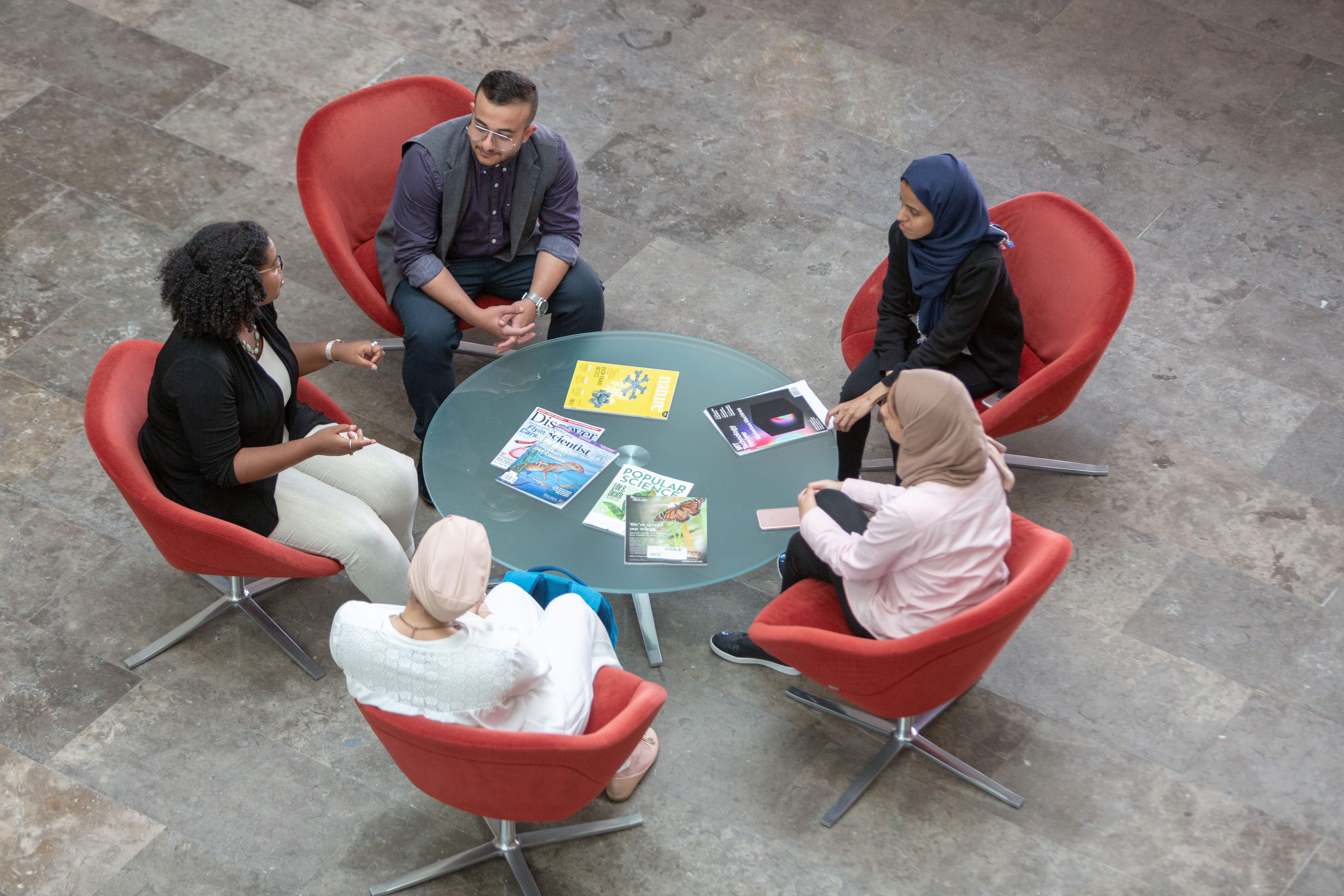
—King Abdullah bin Abdulaziz al Saud
1924 – 2015
